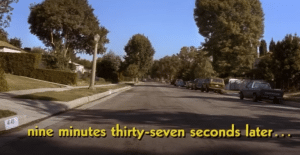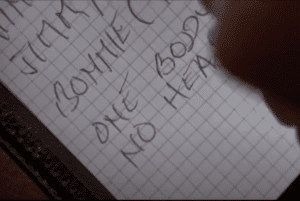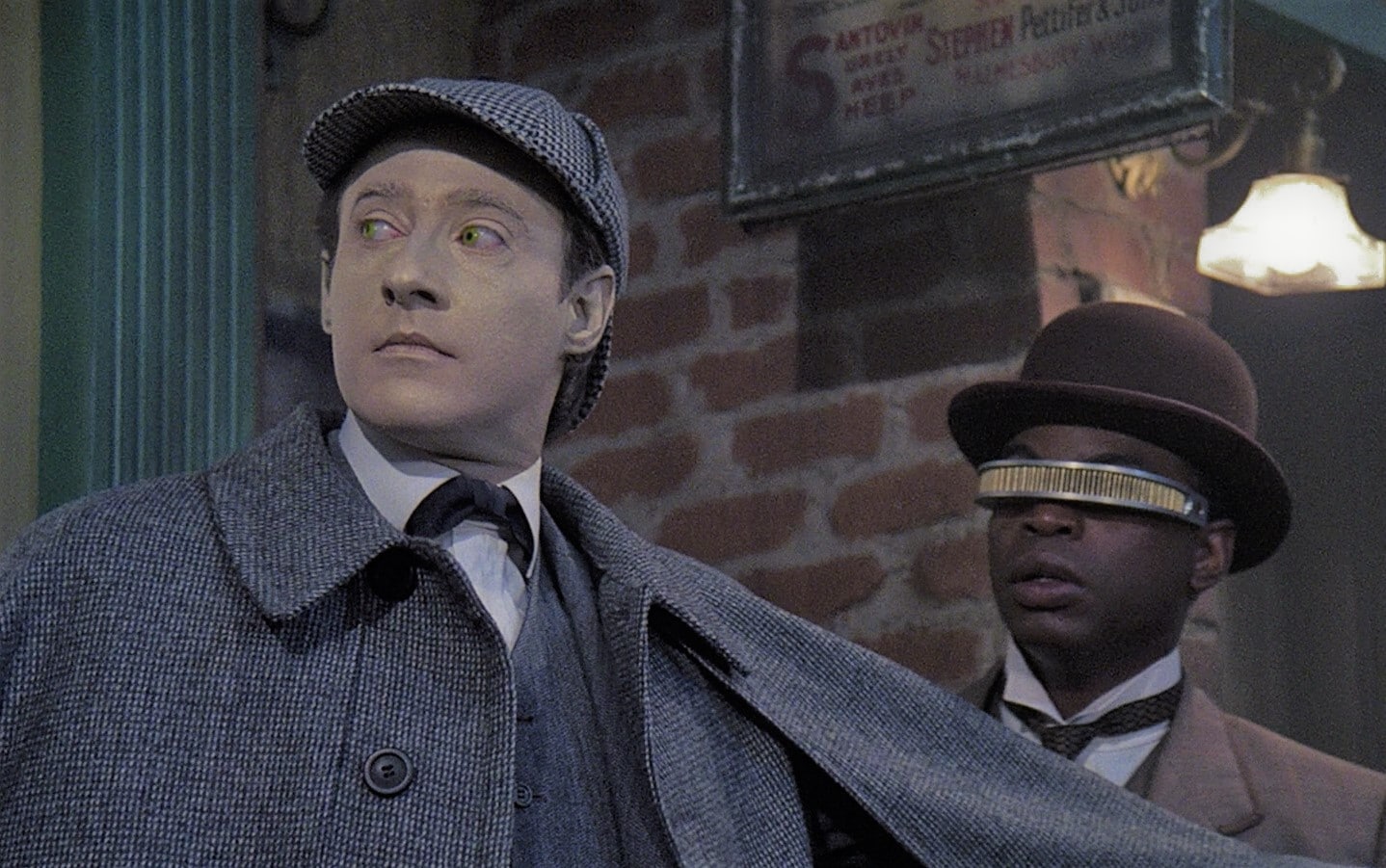It can happen to anyone, especially at the most unexpected moment: a human error causing a major setback, a technological malfunction leading to damages, a lack of attention resulting in problematic visibility — and countless
other ways to create online crises. What should you do when faced with a n online crisis? Be Mr. Wolf.
Managing Online Crises: Overcoming Challenges with Precise Execution
In one of the iconic scenes from “Pulp Fiction,” precisely at a calm moment, Quentin Tarantino introduces an unexpected crisis. Due to moments of carelessness in weapon security, gangsters find themselves in the house of an acquaint called Jimmy, with a car covered in blood and a headless body that needs disposal in less than an hour. To resolve the crisis, a crisis management expert is called to the scene: Mr. Wolf. Here are five lessons we can learn from him about managing crises under pressure.
1. Respond quickly. Very quickly
“It’s thirty minutes away. I’ll be there in ten.” This is how Mr. Wolf sums up the conversation when informed about the crisis. The next shot is a zooming brake pedal, signaling Wolf’s arrival at the scene, with the caption “Nine minutes and thirty-seven seconds later.”
Online crises require an immediate response. Time is almost always working against you, and the snowball effect can escalate rapidly. The sooner you grasp the situation and take control, the better.

2. Investigation. Stick to the dry facts
“Jules (black); Vincent (white); One body; No head“. Already in the first phone conversation, Mr. Wolf conducts a factual investigation of the individuals involved in the incident and what happened, jotting down the important details in his notebook. Thus, when he arrives at the scene, he immediately identifies the active characters and knows what to ask of them in order to assess the situation.
In the initial stage of an online crisis, the person handling it must first understand the technical and concrete details: who is involved, what exactly was said or done, and what the outcome is. The finer details can be addressed later, after evaluating the situation.

3. Politeness. Positive.
“They call me Mr. Wolf, and I solve problems.” These are the first words Mr. Wolf says to Jimmy immediately after confirming his identity as the homeowner. Mr. Wolf conducts himself with restrained politeness: he doesn’t enter the house without permission, he politely requests a cup of coffee, and he never raises his voice. He is courteous but not subservient. When Vincent is uncomfortable taking orders from him, Mr. Wolf explains the need for the commands with a touch of humor, without belittling him. The reflection of Mr. Wolf’s approach can be seen in the coffee exchange – just before his arrival, Jules compliments his hesitant friend on how good the coffee he made is, but receives a cold response. Mr. Wolf settles for a gesture: he tastes the coffee and nods approvingly. That’s it. Precise politeness without exaggeration.
Managing an online crisis also requires such politeness – stand your ground, don’t grovel, but take responsibility in a courteous and polite manner that provides an accurate response to the needs. Even apologizing requires knowing how to do it properly.
4. 360 degrees. No scene is neglected
Indeed, the crisis is caused by a headless body in a blood-soaked car, but there are also extensive damages that need to be addressed. Mr. Wolf doesn’t overlook any scene: he mobilizes the gangsters to carry out the gruesome task of cleaning the car, he uses his contacts to find a safe place to dispose of the vehicle, and he doesn’t forget to attend to the broader implications of the crisis. He respectfully presents the injured party, Jimmy, with a monetary reward, and, equally importantly, he takes the time to have a private conversation with him to maintain trust.
Online crises also involve broader damages: there is the crisis generator itself, but there are also existing customers, potential customers, media outlets, business rating agencies, and many other areas to act upon. Don’t neglect any of them.

5. Life is a cycle. We will all meet again
The crisis comes to a peaceful resolution. Mr. Wolf concludes the event on good terms with all parties involved: he is pleasant to everyone – the friend, the car owner, and even the troublemakers who started it all. “See you around,” summarizes Mr. Wolf, “and stay out of trouble you crazy kids”.
This is an important lesson in crisis management – we will all meet and cross paths again, especially in a small country like Israel, and it is crucial to conclude every crisis on a positive note.
And one more thing to conclude, something we can learn specifically from the gangsters. They don’t forget to express gratitude to Mr. Wolf: “It was a pleasure seeing you work,” summarizes Jules. “Thank you very much for your assistance,” adds Vincent. This is another lesson we should remember: to express gratitude to our providers for their professionalism, especially those who help us during times of crisis.




